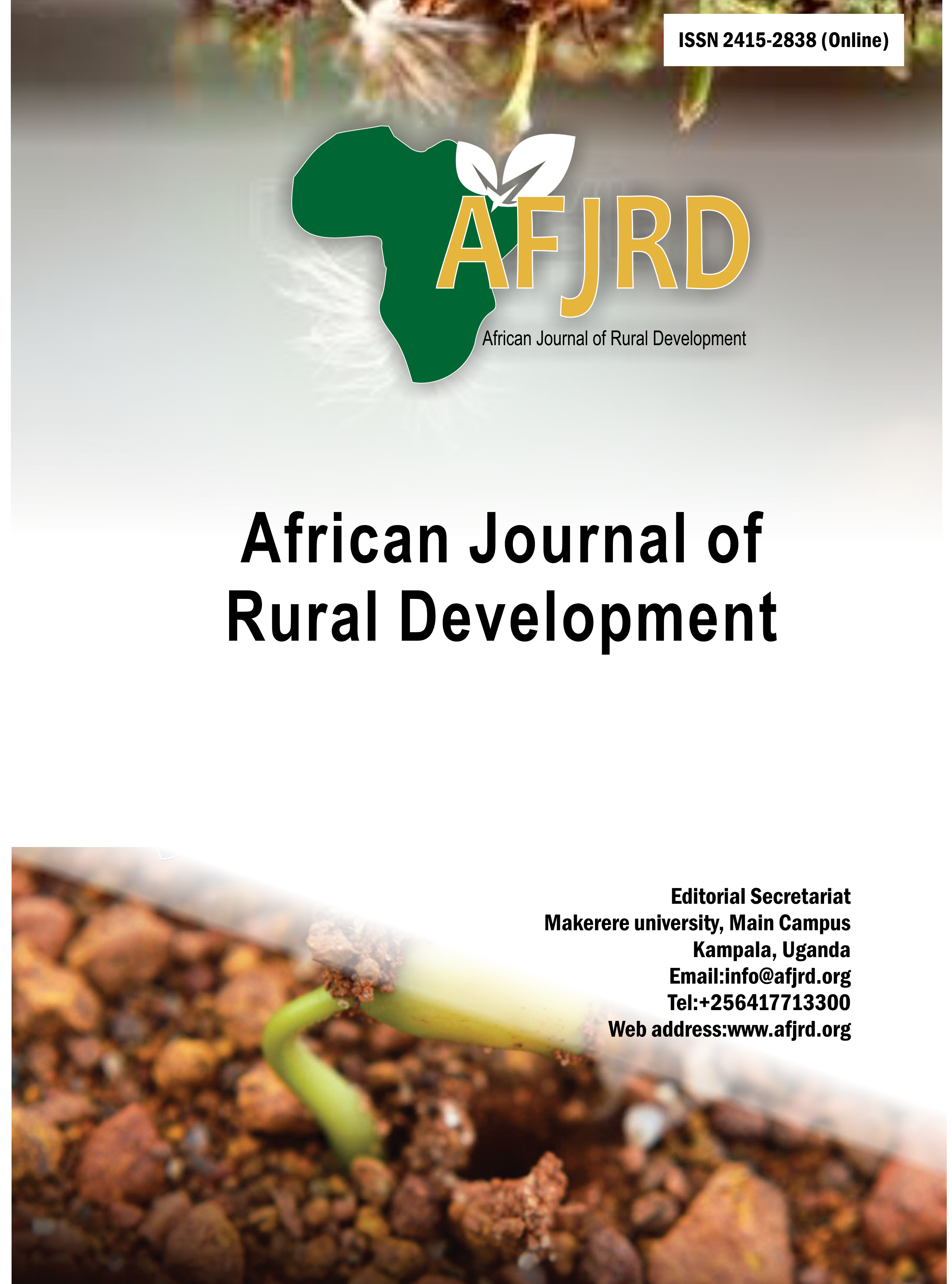Assessment of current status of technical and higher education sector in Liberia
Main Article Content
Abstract
Liberia is among the countries with the lowest human development index, ranked at 181 out
of 189 countries in the world. Its education sector is a reflection of the political and economic
fragility of the country. The sector is generally weak and fragmented. The current status of
the education sector reflects years of public neglect and inadequate investment. The delivery
of quality higher and technical and vocational education and training (TVET) in Liberia
has numerous constraints ranging from over-crowdedness of classrooms to poorly equipped
libraries, laboratories and inadequate qualified faculty especially in specialized courses.
Available facilities are mismatched with the constant growth in student population. These
constraints are a reflection of underfunding of the sector by the Government. Politics shapes
society and influences the course of destiny from time to time. It is playing a critical role in
influencing the delivering of quality higher education by exerting pressure on the National
Commission on Higher education (NCHE) that has an oversight responsibility in higher
education sector. Accordingly, the observed proliferation of higher institutions across the
country without thorough assessment of required standards such as the academic qualification
and experience of the faculty, adequate infrastructure facilities and alignment of proposed
programs with Liberia’s workforce development priorities is a direct reflection of the failed
oversight role of the Commission. In the crafting of the Government’s Pro-Poor Agenda for
Prosperity and Development (PAPD) development agenda, the Government admits the concern
of a “miss match” between disciplines pursued by students and the current future demands
Article Details

This work is licensed under a Creative Commons Attribution 4.0 International License.
